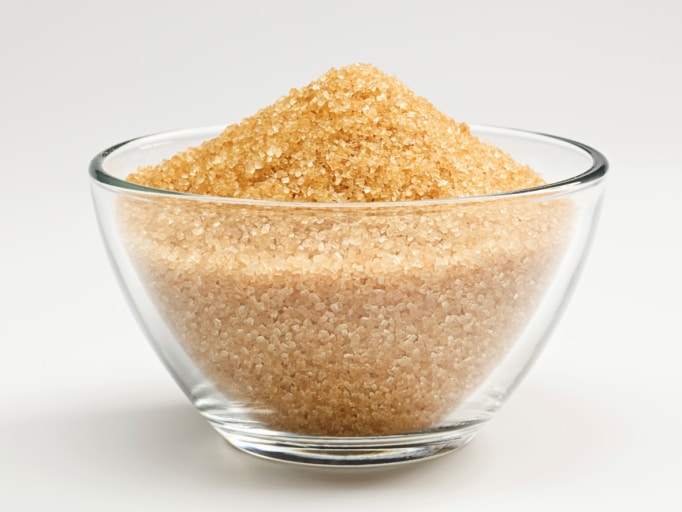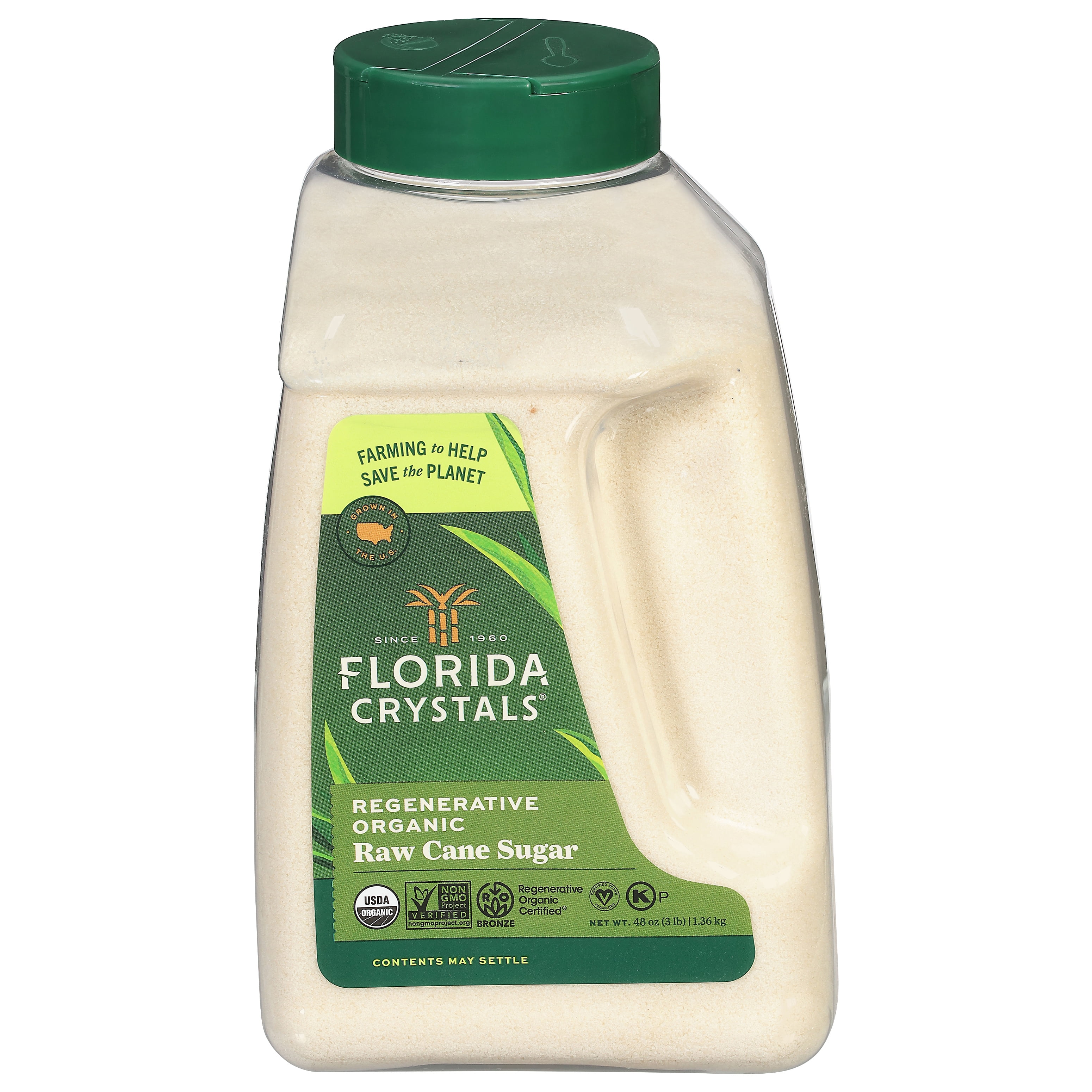Optimize Cane Sugar Processing Chemicals for Optimum Performance
Optimize Cane Sugar Processing Chemicals for Optimum Performance
Blog Article
Navigating Regulatory Conformity and Sustainability With Cutting-Edge Cane Sugar Processing Chemicals in the Chemical Export Market

Regulatory Landscape Summary
In the world of walking cane sugar handling chemicals within the chemical export sector, understanding the regulatory landscape is vital for guaranteeing conformity and sustainable procedures. Regulatory bodies such as the Environmental Protection Agency (EPA) and the Fda (FDA) play a crucial role in overseeing the production, import, and export of these chemicals. Conformity with policies stated by these bodies is not just a lawful requirement yet additionally crucial for maintaining public health and ecological security requirements.
Governing frameworks governing cane sugar processing chemicals include a wide variety of aspects, including labeling demands, allowable levels of particular compounds, and guidelines for secure handling and disposal. For chemical merchants, this implies adhering to stringent documentation procedures, high quality control steps, and regular audits to demonstrate adherence to these laws.

Sustainable Walking Cane Sugar Chemical Innovations

One famous area of advancement is the growth of eco-friendly chemicals that decrease water and power usage during the sugar processing stages. By executing these sustainable services, business can lower their carbon footprint while maintaining high levels of productivity. In addition, advancements in eco-friendly chemicals are gaining traction, supplying an extra eco-friendly choice to typical handling representatives.
Additionally, the combination of renewable resource sources in the manufacturing procedure is coming to be a lot more common, further improving the sustainability account of walking stick sugar processing. By welcoming these lasting cane sugar chemical advancements, business can not just fulfill regulative needs yet likewise show a dedication to environmental obligation in the chemical export industry.
Conformity Difficulties in Exporting Chemicals
Browsing regulative frameworks positions substantial difficulties for chemical merchants, requiring meticulous focus to compliance criteria and international laws. Exporting chemicals involves adherence to a complicated web of guidelines that vary from country to nation. One of the main conformity difficulties dealt with by chemical merchants is making certain that the products meet the particular governing requirements of the importing nation. This consists of obtaining the essential permits, qualifications, and paperwork to show the safety and validity of the chemicals being exported.
Additionally, chemical merchants need to stay abreast of constantly evolving laws and standards connected to chemical manufacturing, transport, and handling. Failing to follow these laws can cause serious consequences, including penalties, lawsuit, and reputational damages. Navigating profession constraints, assents, index and export control regulations includes an additional layer of intricacy to the compliance landscape for chemical exporters.
To reduce these difficulties, chemical exporters must invest in durable conformity programs, perform normal audits, and engage with governing authorities to make certain a detailed understanding of the applicable regulations and laws. By focusing on compliance and staying positive in dealing with governing obstacles, chemical exporters can browse the complexities of international profession effectively.
Environmental Influence of Cane Sugar Handling
The environmental implications of walking stick sugar processing are an essential element calling for complete assessment in the chemical export industry. Walking stick sugar handling can have significant ecological effects at numerous phases of production. One of the key worries is the generation of huge volumes of wastewater consisting of raw material, suspended solids, and chemicals made use of in the processing plants. This wastewater, if not appropriately treated, can contaminate water bodies, harm water life, and weaken overall water top quality. Furthermore, the burning of sugarcane fields prior to collecting, a common method in some regions, releases dangerous air toxins and greenhouse gases into the environment, contributing this page to air quality issues and climate change.
Furthermore, the comprehensive use chemicals and plant foods in sugarcane growing can cause dirt degradation, water contamination, and injury look at this now to non-target microorganisms. It is critical for chemical merchants entailed in the cane sugar processing industry to implement sustainable techniques, purchase innovative wastewater therapy modern technologies, advertise liable farming techniques, and stick to rigorous ecological guidelines to minimize the unfavorable environmental impact of their procedures.
Future Trends in Sustainability Practices
What cutting-edge methods are chemical merchants in the walking stick sugar processing sector embracing to boost sustainability practices for the future? As the need for sustainable practices proceeds to grow, chemical merchants are accepting numerous patterns to guarantee a greener future for the industry. One popular pattern is the change towards developing and utilizing eco-friendly chemicals in the handling of walking stick sugar. These chemicals are designed to reduce environmental influence while preserving high levels of effectiveness in the manufacturing process.
An additional crucial fad is the application of innovative modern technologies such as automation and data analytics to maximize source usage and decrease waste generation. By harnessing the power of data and automation, chemical merchants can streamline their operations, enhance energy effectiveness, and boost overall sustainability performance.
Moreover, partnerships and partnerships with sustainability-focused organizations and stakeholders are coming to be increasingly typical. By functioning with each other, chemical exporters can exchange understanding, share finest techniques, and collectively drive advancement in the direction of even more lasting cane sugar processing methods. Welcoming these fads will not only benefit the environment yet also make certain long-lasting success and competition in the industry.
Verdict
To conclude, the chemical export market need to browse intricate regulatory landscapes and sustainability obstacles when refining walking cane sugar. Innovations in cane sugar handling chemicals are crucial to satisfying compliance standards and minimizing ecological influence. As the sector remains to advance, it is essential for firms to adopt lasting techniques and remain ahead of future patterns to guarantee long-lasting success.
In the realm of cane sugar handling chemicals within the chemical export sector, recognizing the governing landscape is vital for ensuring conformity and lasting operations.Exploring innovative approaches in the growth of lasting walking cane sugar chemical options is critical for progressing environmental stewardship in the chemical export industry. Firms are progressively investing in research and development to create cutting-edge walking cane sugar processing chemicals that not only make sure high performance in sugar manufacturing however also stick to strict sustainability criteria.
Furthermore, chemical exporters have to remain abreast of constantly progressing criteria and policies connected to chemical handling, manufacturing, and transportation - Cane Sugar Processing Chemicals.The ecological implications of cane sugar handling are an important aspect needing complete assessment in the chemical export sector
Report this page